Govt bill No. 13683 would restrict Ukrainians' access to reproductive technologies – experts
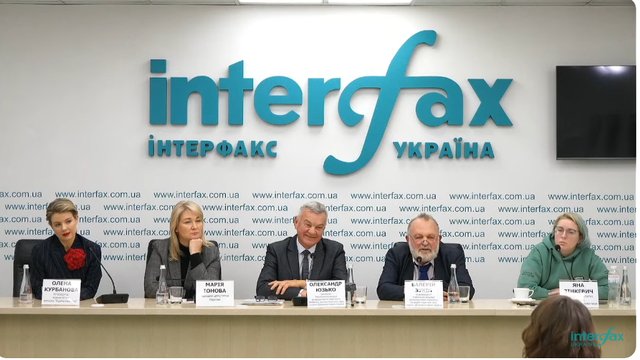
Government's bill No. 13683 "On the Application of Assisted Reproductive Technologies" would limit Ukrainians' access to such technologies, according to representatives of the Ukrainian Association of Reproductive Medicine (UARM), patients, and Members of Parliament.
"With such a demographic crisis, it seems to me that every child is worth their weight in gold right now. We should be helping people on their path to parenthood, not making it harder," said UARM Vice President Valeriy Zukin at a press conference hosted by Interfax-Ukraine.
He noted, in particular, that the government's bill provides no state guarantees for funding treatment. "Since January 1, 2024, assisted reproductive technology procedures have been included in the National Health Service of Ukraine (NHSU) package. In practice, every year the Cabinet of Ministers determines the volume of state medical guarantees within the budget. But if this provision is not stipulated in the law, lawmakers may simply fail to approve it – and this very important package could be eliminated altogether," Zukin said.
According to him, another problem with the bill is its ban on embryo donation. The document stipulates that an embryo may only be transferred to a woman who is genetically related to it. Yet, as Zukin pointed out, 5% to 10% of reproductive cycles currently use donor embryos.
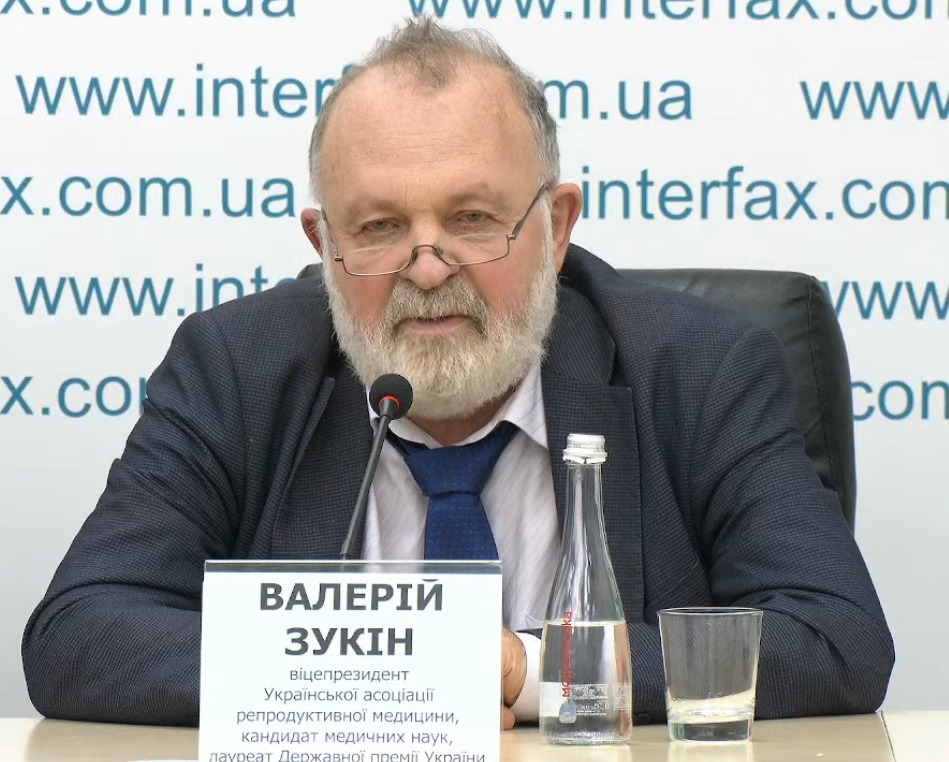
"Who needs embryo donation? Women of older reproductive age who no longer have their own eggs, single women – whose numbers, unfortunately, are increasing – and married couples in which neither partner has viable gametes," he explained.
Zukin stressed that donor embryos come from altruistic donation – they are left by couples who have successfully undergone treatment. "This decision condemns these healthy embryos, which are no longer needed by the original couple, to destruction," he said.
Zukin also noted that bill No. 13683 does not provide for preimplantation genetic testing (PGT) for fertile couples who face genetic risks.
MP Maria Ionova, in turn, said that Members of Parliament had registered an alternative bill, which was rejected due to "certain procedural norms." Its authors, she said, are now appealing the decision to the Rules Committee.
"We want not just for the bill to be adopted, but for it to actually be implementable in practice, and for its title to correspond to its content. Doctors tell us how men's and women's health is worsening under stress – how post-traumatic syndromes are affecting people's well-being. That's why we want to guarantee citizens the right to have a child," Ionova said.
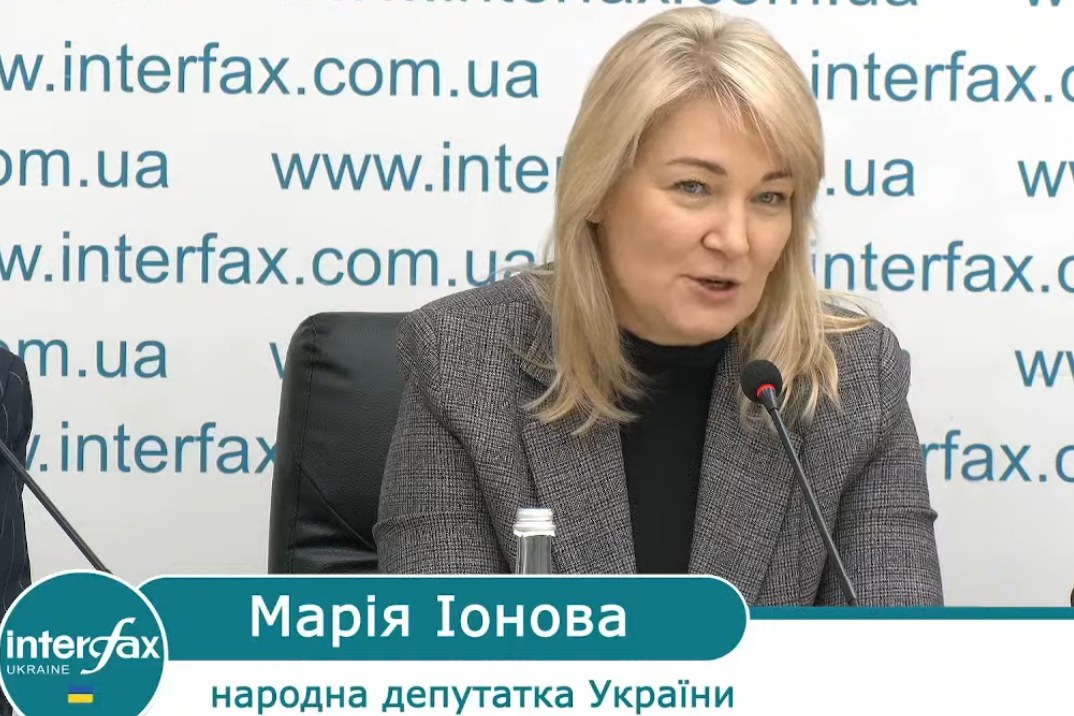
"Why should we prohibit a woman who has lost her son or husband from using the right to have a child now? The development of reproductive technologies could even be considered a matter of national security," she added.
MP Yana Zinkevych said that the government's bill "was not coordinated with anyone – it wasn't properly reviewed in committee, wasn't discussed, and didn't involve the input of top specialists in the field."
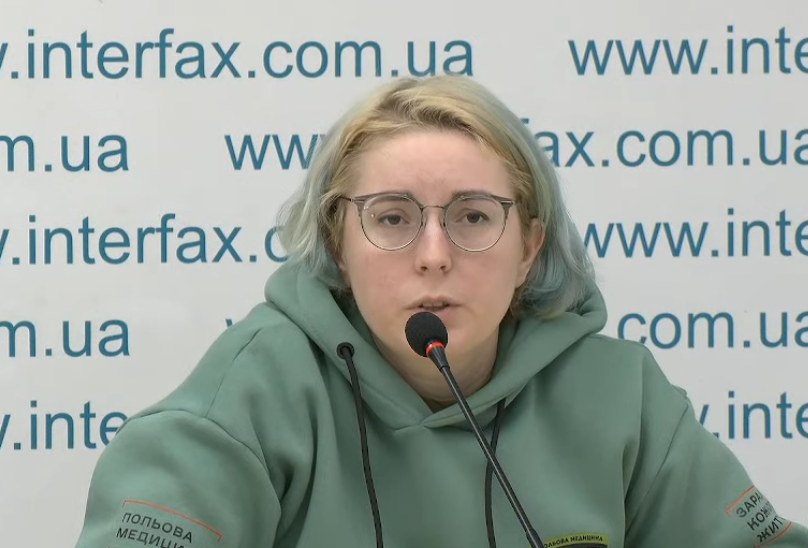
"That's why Maria Ionova and I had to draft an alternative bill that would provide broader reproductive freedom compared to the restrictions in the government proposal. Unfortunately, it was rejected by the Rules Committee, but we are now filing appeals. We'll fight to have it either registered or for the government bill to be withdrawn and reworked together with expert working groups," Zinkevych said.
UARM President Oleksandr Yuzko, for his part, noted that the field of reproductive technologies in Ukraine is currently regulated "fairly democratically" by a number of existing laws.
"Historically, reproductive medicine in Ukraine has been represented mainly by private clinics, which set the standards. We at UARM conducted a survey among our member clinics, and all of them unanimously said that this bill is anti-state, anti-reproductive, and anti-demographic," he said.
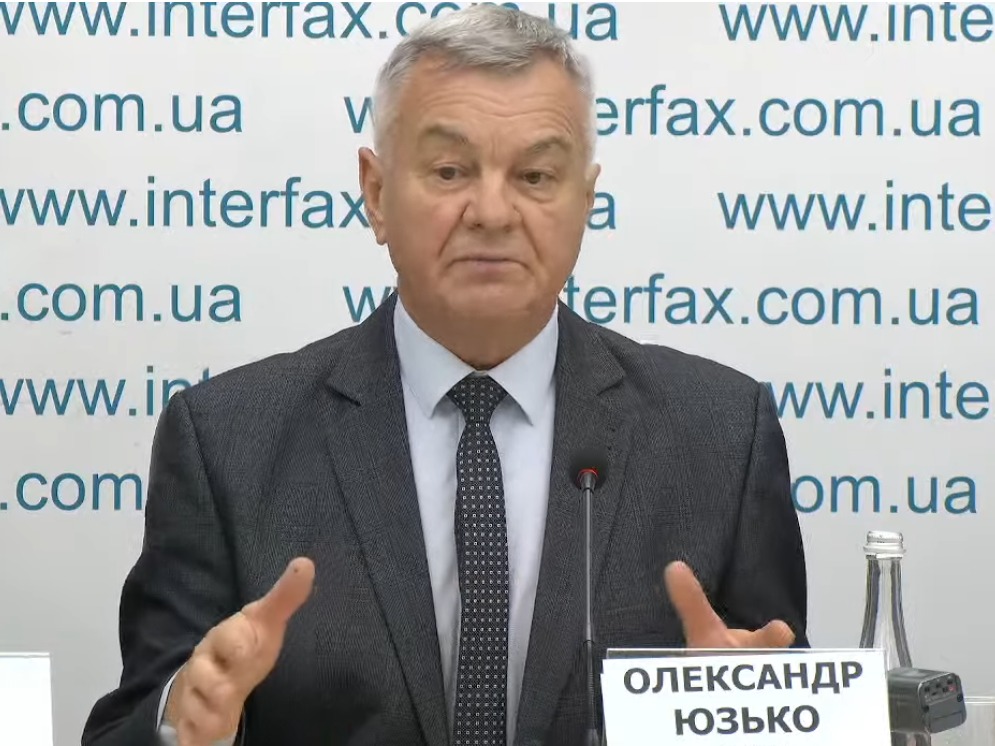
"Yes, there are certain problems and violations that need to be addressed. We support regulation – but not through bans. If we want to move forward constructively, we need a law, but a European one, without prohibitions. This draft has been imposed from the top down, from the Cabinet of Ministers. What we really need is to start from the patients – to sit down with them and listen to what they want," he said.
In addition, experts warned that bill No. 13683 contains risks of infringing on patients' rights through lengthy mandatory treatment courses before access to ART procedures, time-based barriers, and potential bans or restrictions on embryo donation and genetic testing (PGT). This would deprive 5–10% of couples of their chance at parenthood.
The bill also lacks legal clarity in the areas of surrogacy and the transport of gametes and embryos – issues that could harm both clinics and the country's international reputation – and it provides no guarantees of state funding for infertility treatment through the NHSU.









